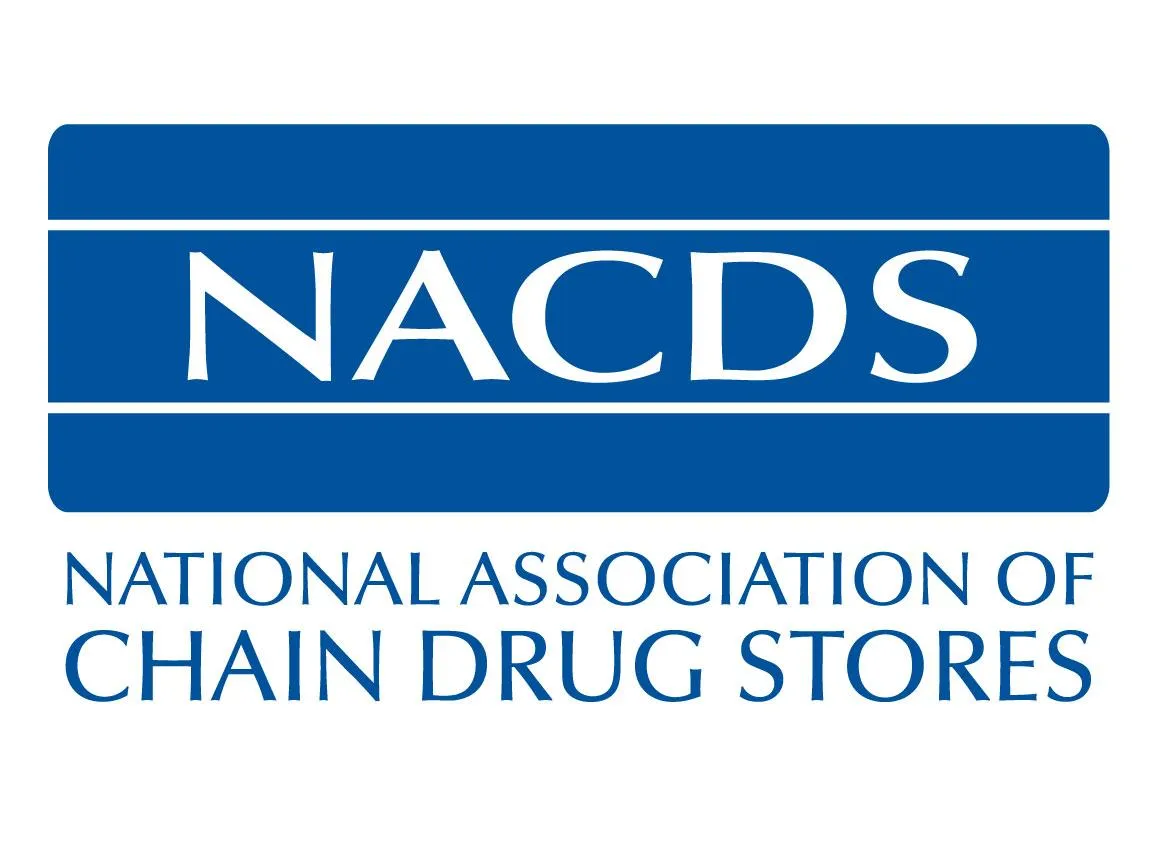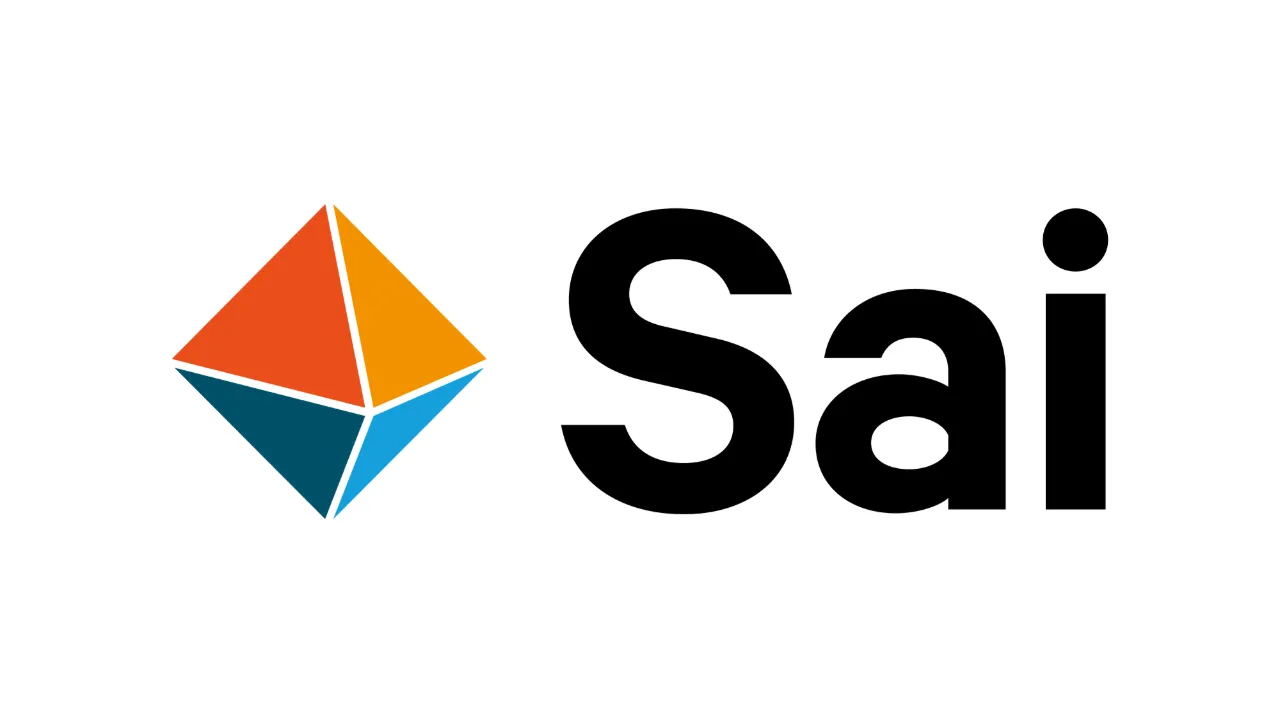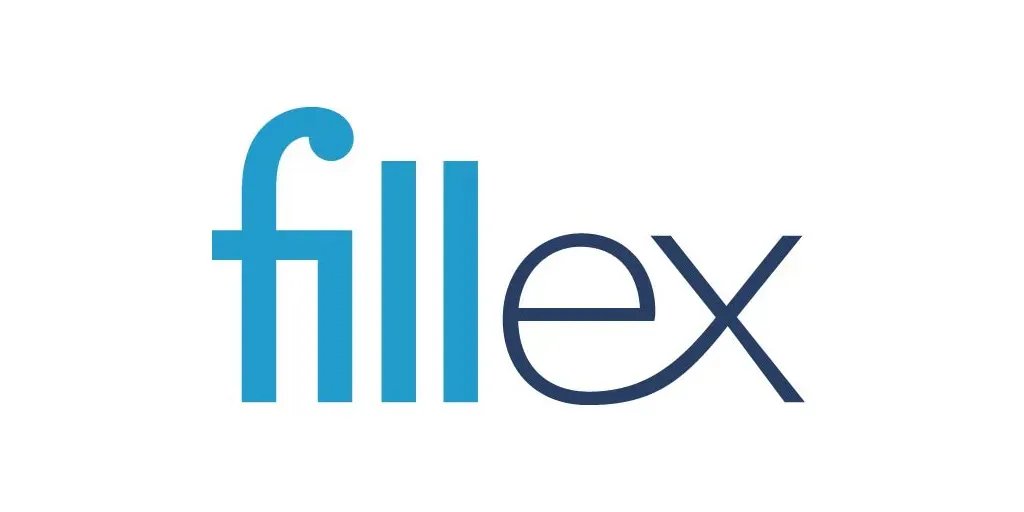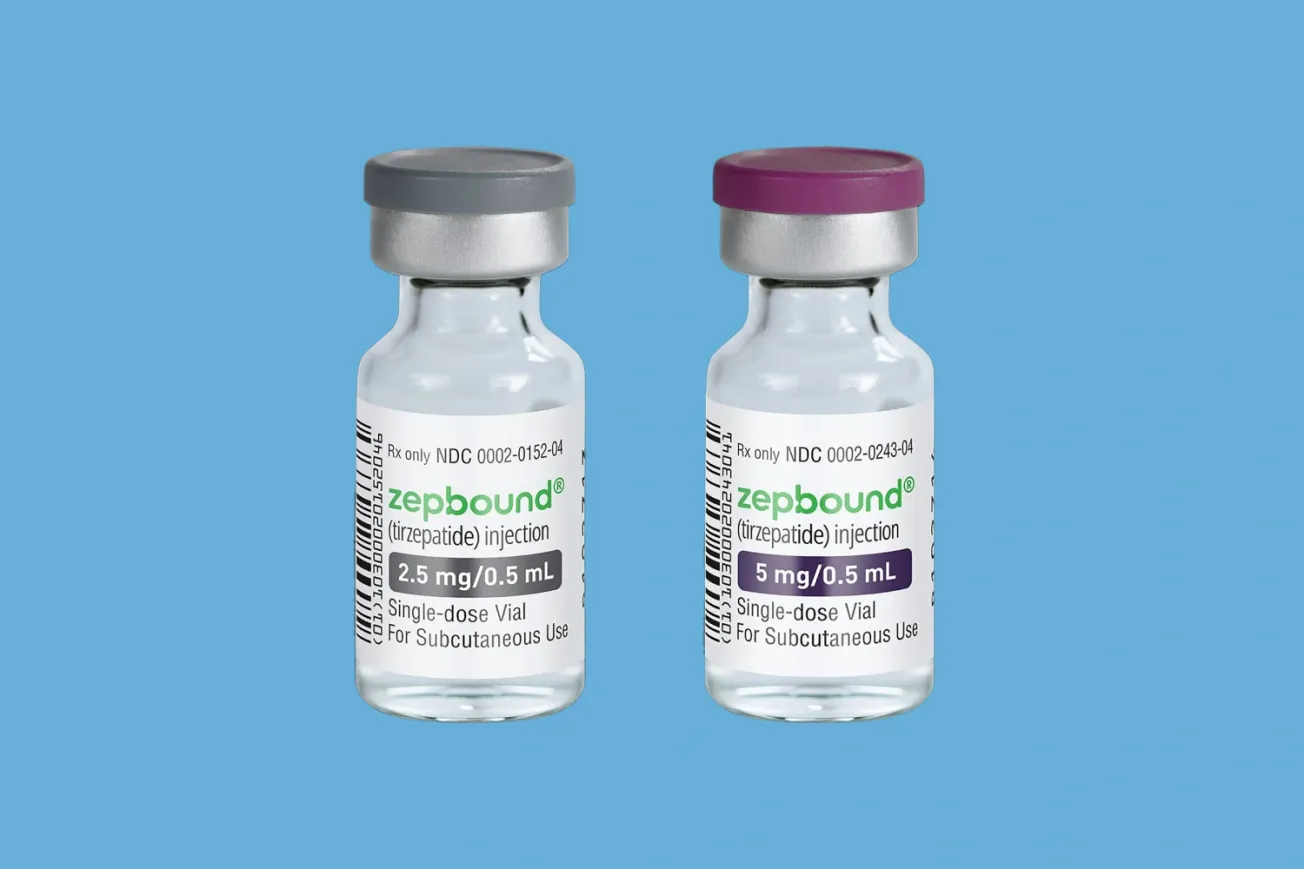ARLINGTON, Va. – The National Association of Chain Drug Stores (NACDS) is commending the Substance Abuse and Mental Health Services Administration (SAMHSA) for its commitment to implementing needed policy changes to enhance patients’ access to treatment with medications for opioid use disorder (MOUD). NACDS is also urging SAMHSA to ensure that the regulatory framework for these therapies accommodates evolving practice models that leverage pharmacy providers to connect more patients to needed treatment services and to help eliminate barriers to care.
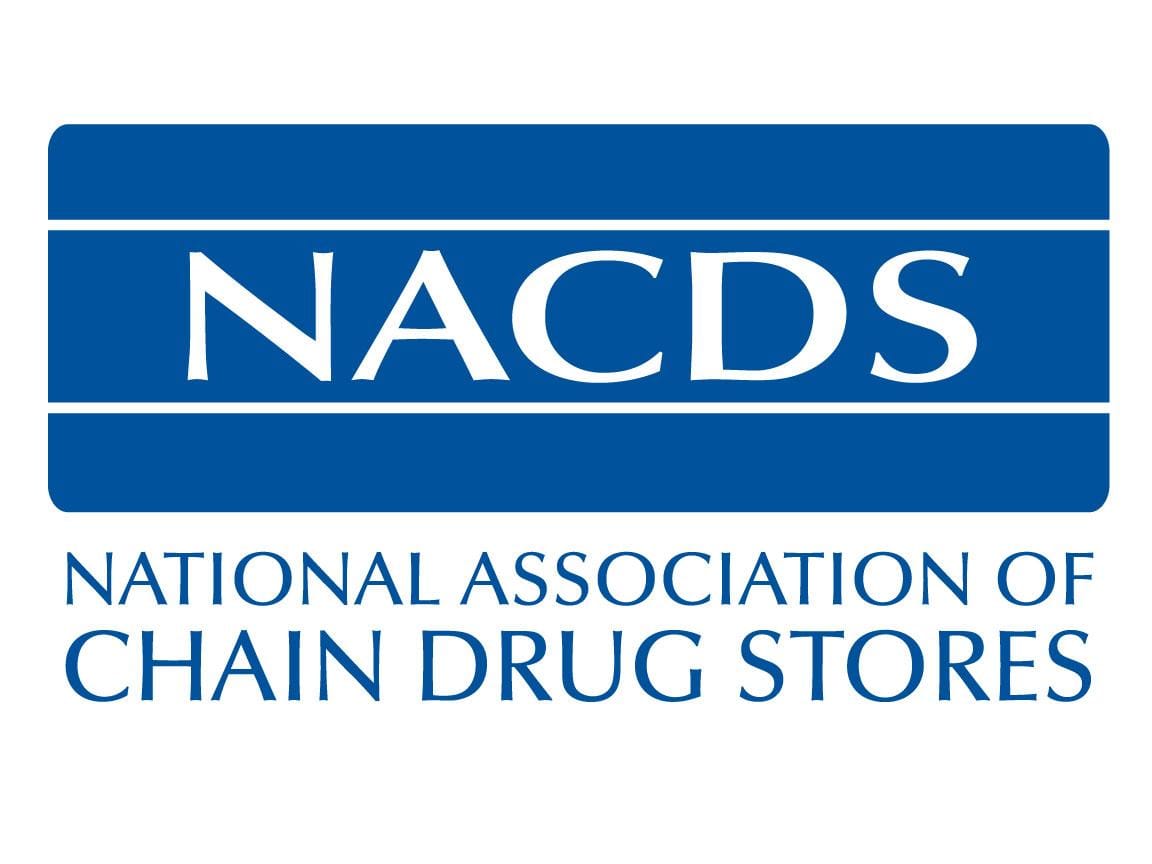
In comments submitted to SAMHSA on Tuesday, NACDS noted two recent policy changes that directly benefit patients: the elimination in December 2022 of the DATA 2000 Waiver Program (X-Waiver), an NACDS-backed move that will help improve access to MOUD for the estimated 1.6 million Americans with opioid use disorder; and a rulemaking this week by SAMHSA — the Supplemental Notice of Proposed Rulemaking (SNPRM) — which proposes to align the language of December 2022 SAMHSA rulemaking with the recent abolishment of the X-waiver requirement.
NACDS said in the letter, “NACDS strongly supports the SNPRM that would eliminate all outdated references to and requirements for X-Waiver prescribers and the underlying policy change that eliminated the DATA 2000 Waiver Program. By empowering more healthcare providers to prescribe medications like buprenorphine to treat opioid use disorder in settings outside of a traditional opioid treatment program, this will dramatically expand treatment capacity of the broader healthcare system and give patients more options for where they can receive needed care.
“We further urge SAMSHA to ensure that the regulatory framework for MOUD treatment continues to accommodate evolving practice models that deliver opioid use disorder treatment services in new and innovative ways and in different patient care settings – including in the pharmacy setting.”
Pharmacists and their teams have a critical role to play in expanding access to treatment services and filling gaps in care for patients with opioid use disorder — particularly for patients in racial and ethnic minority groups who are disproportionately impacted by inequitable access to healthcare services.
The COVID-19 pandemic demonstrated that pharmacies serve as critical access points for health and wellness services. Notably, more than 40% of individuals vaccinated at pharmacies were from racial and ethnic minority groups. Further, pharmacies provide more than 20,000 COVID-19 testing sites nationwide, and 70% of such sites are in areas with moderate to severe social vulnerability. Utilizing pharmacists to support the provision of treatment services can similarly help improve access to care for patients in racial and ethnic minority groups.
Additionally, study findings from a Rhode Island pilot conducted February 2021-April 2022 found that “patients who received MOUD treatment services at a pharmacy were 72% more likely to continue treatment for a month as compared to patients who received the same care in a more typical outpatient program.”
“NACDS thanks the Biden Administration for their work to expand access to treatment for Americans with behavioral healthcare needs,” said NACDS president and CEO Steven Anderson. “Pharmacists are among the most highly accessible healthcare providers — with pharmacies located within five miles of 90% of Americans. They are well-suited to partner with clinicians and other behavioral health professionals to provide de-stigmatizing care to patients, and to help improve patient outcomes. NACDS continues to advocate for policies that would enhance Americans’ access to mental health and substance abuse treatment.”

